Planning for a "Green Funeral" Could Save You and Your Loved Ones Thousands

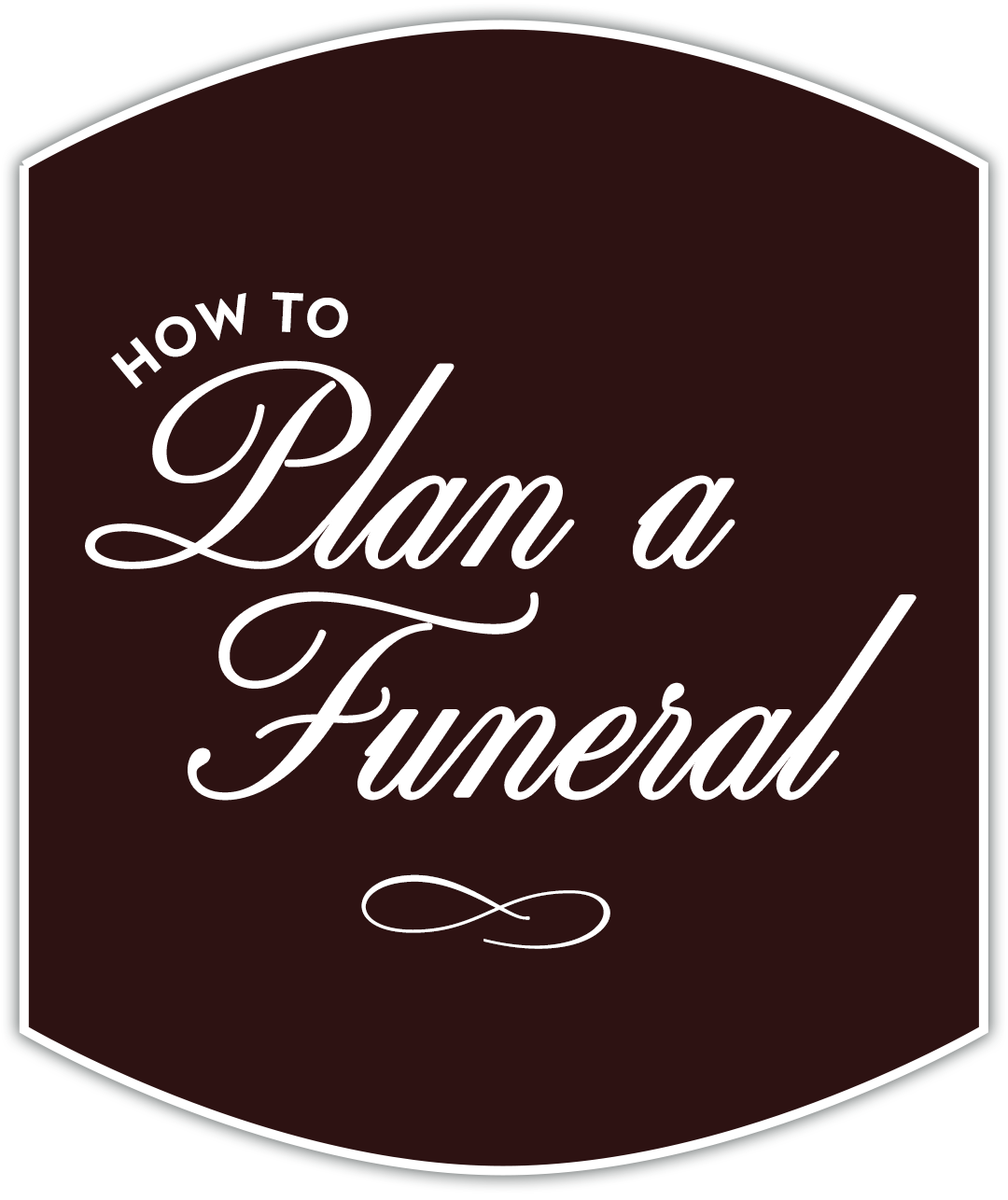
If you traveled back in time 50, 100 or even 200 years, many of the funeral practices you’d observe would look relatively similar to the services you’ve attended in recent years. In the early Puritan days, American funerals were somber, silent affairs with a wake held afterward at the nearby pub.
In the late 19th and early 20th century, the profession of undertaker (whose duties now commonly fall under a funeral director’s purview) rose to offer mourning wear, burial clothes, flowers, preparation of the body and coordination of the funeral service such as the coffin, burial site and transportation. But other than consumer protections enacted in 1964 by the Federal Trade Commission to provide greater transparency about funeral costs, the trappings and traditions of many funerals have looked pretty much the same for generations.
But for some, like Erica Hill, president of Sparrow, a contemporary funeral home in Brooklyn, NY, traditional funerals are long overdue for an update.
“I came to this business because I’ve experienced a lot of losses,” said Hill. “I would go to funerals and always leave feeling like the person who had died wasn’t really represented.” That led to the creation of Sparrow, which offers a full range of services that help families create unique experiences to say goodbye to their loved ones as well as grief support groups and artful urns.
And she’s not the only one helping people approach funerals differently. Some businesses, like A Life Well-Lived Memorial Services offer celebration of life memorials featuring individual details such as a food truck serving the departed’s favorite cuisine or a tree-planting ceremony to honor a beloved gardener.
Other companies go bigger. The memorial events at New York City-based Going Out in Style can sometimes include art installations, champagne towers and swag bags more typically seen at red carpet events. Other non-traditional funerals, like the ones put on by The Natural Funeral in Loveland, Colo., infuse the burial with eco-friendly practices that care for the Earth as much as we care for our dearly departed.
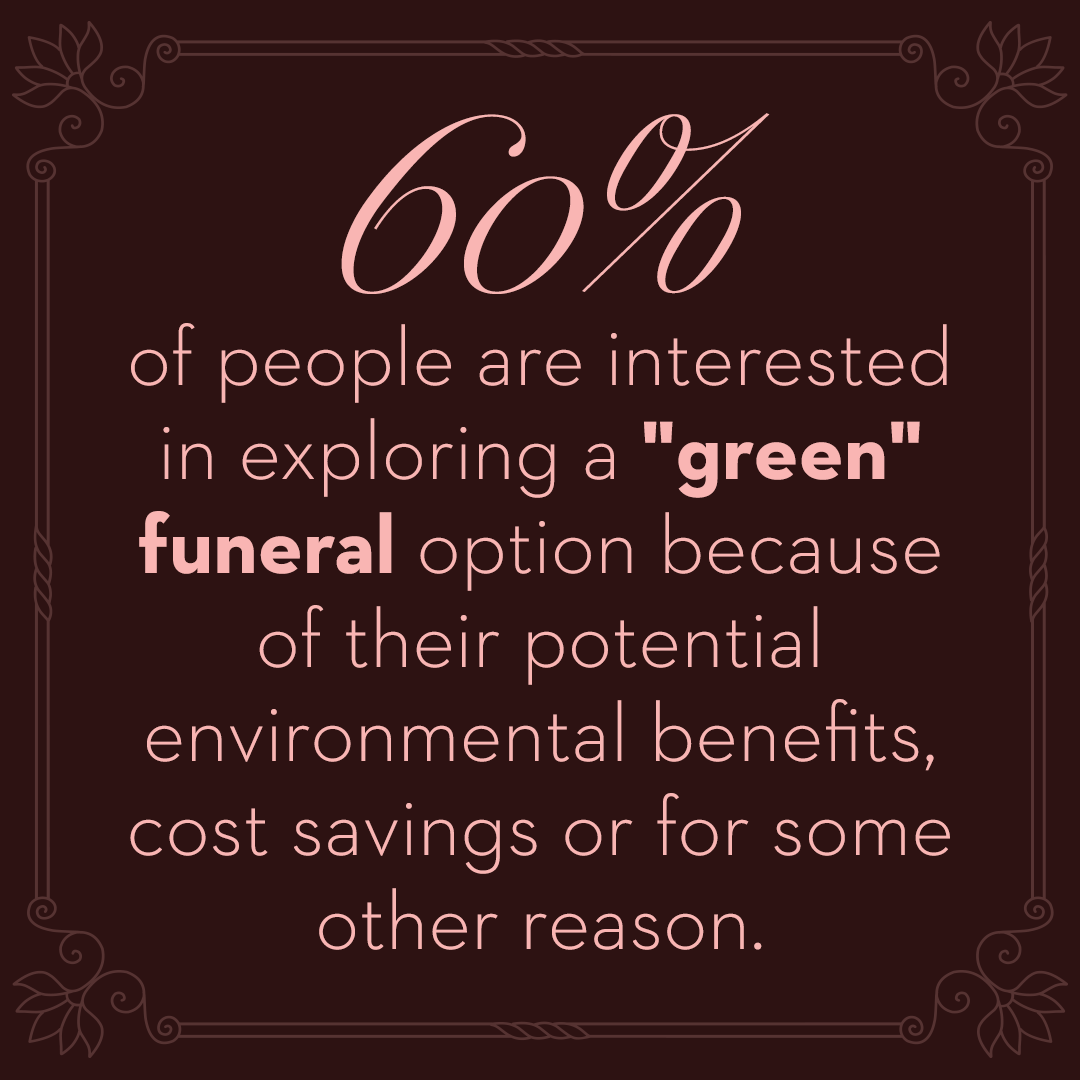
Still others offer eco-friendly burials that embrace the traditions of the past while caring for our collective future. “Historically, this is how most of the world handled burial, prior to 1867, when modern embalming with chemicals was introduced,” said Joél Simone Maldonado, aka “The Grave Woman,” a sacred grief worker and educator on Black death care.
These leaders are paving the way by actively supporting families as they grieve, planning funerals that feel more like celebrations and educating fellow death care professionals about how to best care for people who belong to cultures other than their own. Here’s more about a few notable companies disrupting the funeral home industry:
Going Out in Style
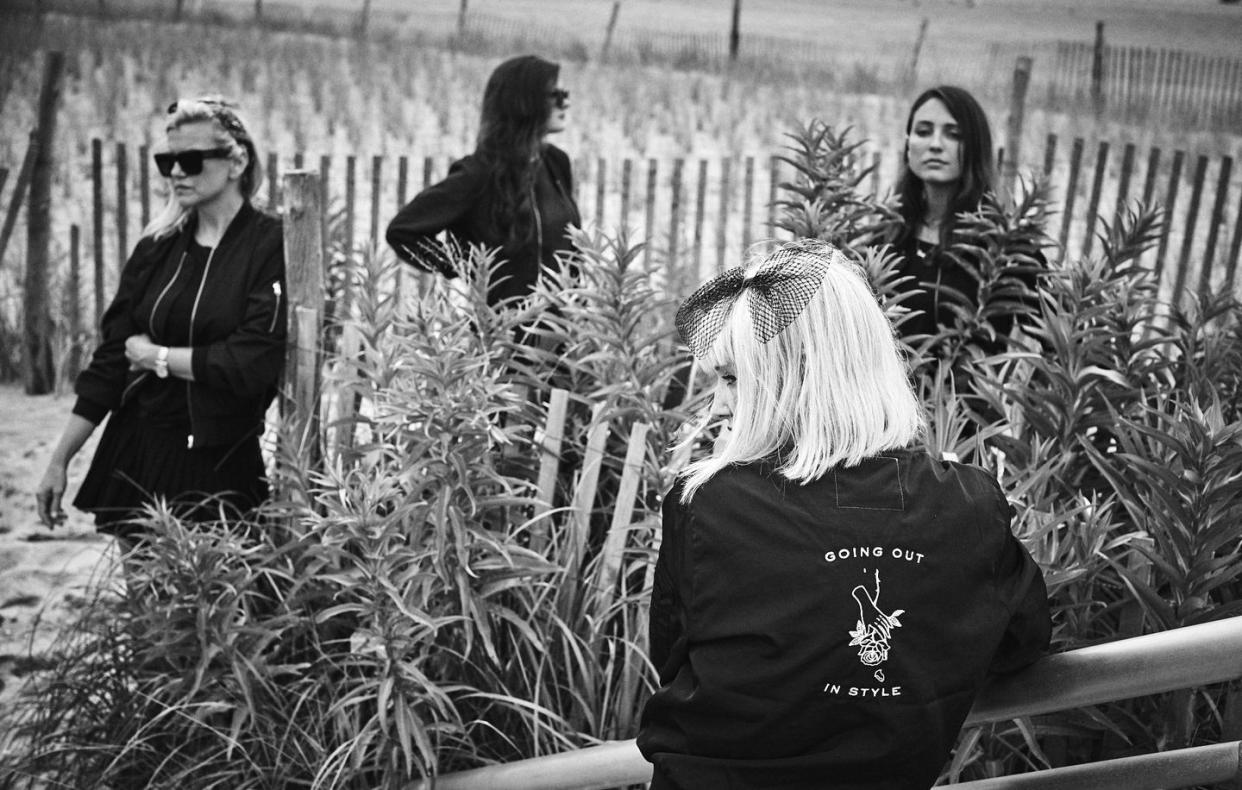
New York City-based friends Colleen Banks, Naomi DeManana, Erin Furey and Cassidy Iwersen met while working as style editors at Martha Stewart Weddings magazine, producing highly personalized weddings and events. But in their personal lives, they noticed that another major live event they attended, funerals, were formulaic, lackluster affairs. “We saw an opportunity to apply the same attention, details and beauty we were trained to bring to weddings,” Banks said.
In 2016, the friends created Going Out in Style, an end-of-life events business that often incorporates past cultural traditions—such as beautiful customs from the Victorian era—while also celebrating the deceased person’s signature style. These “phenomenal send-offs” can include calligraphy, caviar, live performances, art installations, champagne towers, mourning veils for the attendees, swag bags, paparazzi and velvet ropes. “Our favorite clients crave originally and are or were unique individuals in life—and want to be remembered as such in death,” DeManana said. “They would never subject their friends to a boring event!”
Death has traditionally been a taboo subject, but their event-planning experience showed them that the world has an appetite for curated experiences that would help to honor the deceased and help grieving families during an overwhelming time. “Self-expression seems to be more important to people than ever, so why wouldn’t that carry through to your final event?” Furey said.
Their background in creating beautiful weddings allowed them to tease out the details of a client’s life and what was important to them. YODO is their motto—you only die once. “You never get a second chance to make a last impression,” Iwersen said. They welcome unique requests and see funerals modernizing by embracing “more beauty, romance and sentiment” and “more drama, humor and fun.”
The Grave Woman
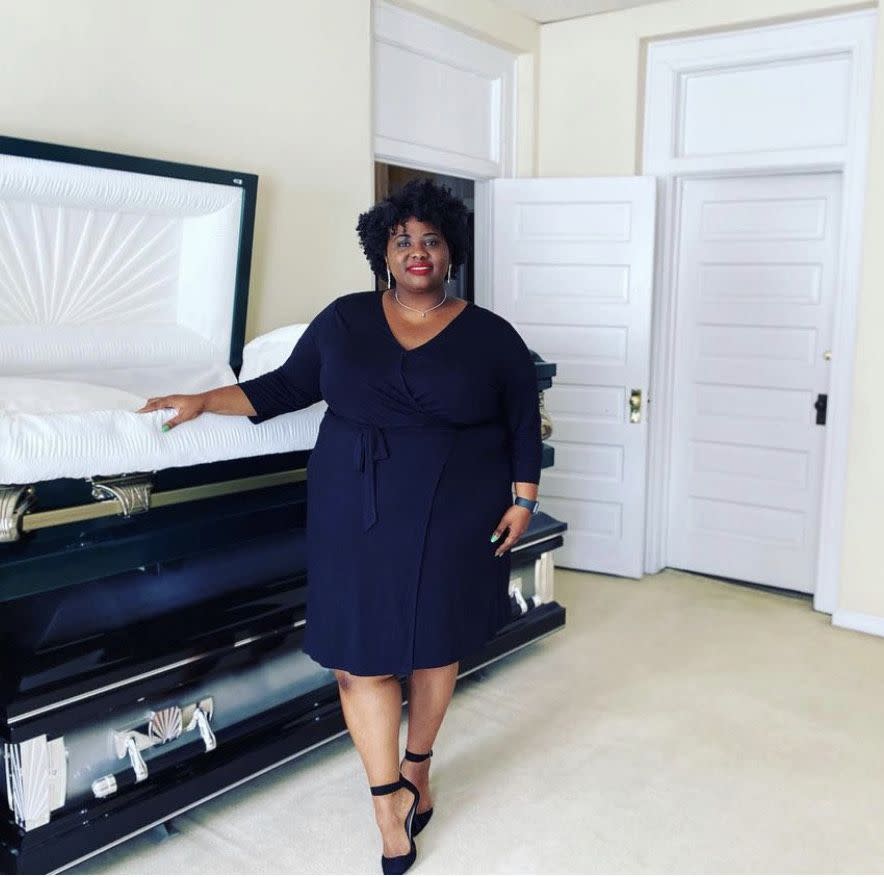
Joél Simone Maldonado, who goes by “The Grave Woman,” is a South Carolina-based licensed funeral director, embalmer and sacred grief worker who helps families care for their deceased loved ones by preparing them to be seen one last time. She is also a licensed insurance professional who assists individuals and families in planning for the financial aspects of a funeral, such as talking through the details of the desired disposition methods, choosing a funeral home, communicating personal aesthetic choices such as clothing, and making sure vital documents like insurance and banking information are collected and the location is disclosed to family members who need this information.
But one of her most important roles is that of a death educator for professionals working in the industry. “I was inspired by the fact that care for Black bodies is not a standard part of mortuary science education in any capacity,” she said. Now she teaches death care and end-of-life professionals about cultural competency regarding Black bodies' spiritual, cultural and physical care. Through the Black Death, Grief, and Cultural Care Academy™, she educates death doulas, funeral directors and embalmers, nurses and families about care practices such as Black transitional and postmortem hair, skin and cosmetic needs.
“As Black people, our hair holds great spiritual and cultural significance,” she explained. “At the end of our lives, we depend on those entrusted with our care to honor this sacredness. Shampooing, conditioning, detangling, removing braids and other extensions and properly knowing how to care for and prep locs and twist are all essential skills for all end-of-life, health and especially death care professionals.”
When registration opens for her academy in September 2023, future courses will focus on cultural, spiritual and religious rites, rituals and customs.
“I share the horror stories and the experiences with blatant racism,” she said. “And also the mistakes I have made as a professional, while using them all as educational points to encourage, enlighten and empower each of my students.” Using her experience and connection to her community, she equips death doulas with a toolbox and navigation system for those in transition and their loved ones.
“Grief is not an emotion; it is an experience,” she said. Through her work and free resources for everyone like The Death and Grief Talk Podcast and her YouTube Channel, she helps ensure that Black families are not traumatized during the funeral and memorial planning. “When it’s all said and done, our families, loved ones and communities and the vessels through which our spirits navigate this world deserve to be honored.”
The Natural Funeral
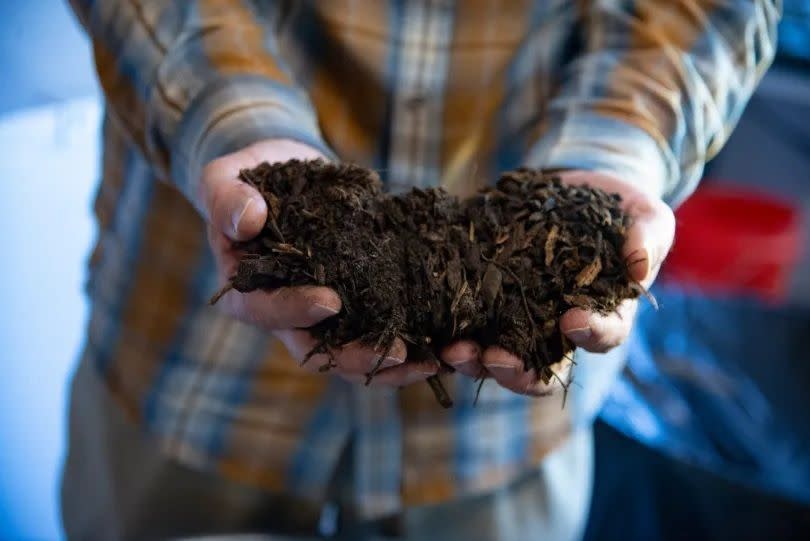
For those inclined to a 'back to the earth' philosophy, services like those provided by The Natural Funeral may fit the bill. “The conventional funeral industry outsources the care of our loved ones to people who never met them and disempowers family involvement along the way,” said Seth Viddal, CEO of The Natural Funeral. “We wanted to create a service informed by each unique family’s needs, customs and rituals.”
His holistic funeral home does this by helping families to participate in what they’ve termed Reverent Body Care rituals. “Families are involved in physically washing, dressing and loving their loved one in preparation for a service that might include a larger audience,” says Viddal. Reverent Body Care groups consist of about six to eight people “to enable us to hold an emotional, vulnerable and tender container where families can express love and grief in beautiful and intimate ways.”
He has recently seen increased demand for the company’s more ecologically friendly technologies, such as water cremation and body composting—although those services are not yet legal in all 50 states. Currently, Alkaline Hydrolysis (or water cremation) is legal in 28 states and bills for approval are pending in another six. Natural Organic Reduction (or human body composting) is currently only permitted in seven states. However, the legalization of this technology is growing. “Nevada [recently] became the seventh state to legalize Natural Organic Reduction,” said Viddal. “We expect many states to follow suit in the next several years.”
In August 2019, The Natural Funeral became the first provider in Colorado to provide Alkaline Hydrolysis. In September 2021, they brought Natural Organic Reduction to Colorado. “These alternatives to mainstream cremation and burial consume significantly fewer resources, create no pollution and allow our bodies to rejoin the cycle of life,” said Viddal.
This move towards eco-friendly funerals and green burials is growing across the world. According to a report published by Emergen Research in June 2022, the green funerals market was valued at $517.54 million in 2021 and is expected to grow by 8.7% between 2022-2030, forecasted to reach $1214.52 million in 2030. Previously, a 2015 study by the Funeral and Memorial Information Council found that 64% of adults over 40 are interested in green funeral options, as compared to 43% in 2010—indicating that the move towards green burials has been growing for over a decade.
This consumer interest in environmentally-friendly funerals and away from traditional burial is something that Viddal knows well. “We have become more nomadic and tend to move around the country in the modern era, making a cemetery somewhat obsolete to contemporary lifestyle,” said Viddal. “People are choosing to remember their loved ones by scattering ashes, planting trees, releasing wildflower seeds and having jewelry made that contains cremated remains.”
Viddal believes that convenience, price and environmental impact are three major factors affecting modern funeral consumers. The National Funeral Directors Association estimated in a 2021 report that the median cost of a funeral and burial is $9,420. “By comparison, our most expensive offering is less than this national average,” he said. But for the founders who themselves have been consumers of the conventional funeral industry, it’s much more than that. Their motto is “We are the families that we serve.” To them, this means not only creating the type of services they would want their loved ones to have but also making sure that the families feel connected to the care of their deceased loved one and that the environmentally conscious values of the person whose life has ended are reflected at their end.
A Life Well-Lived Memorial Services
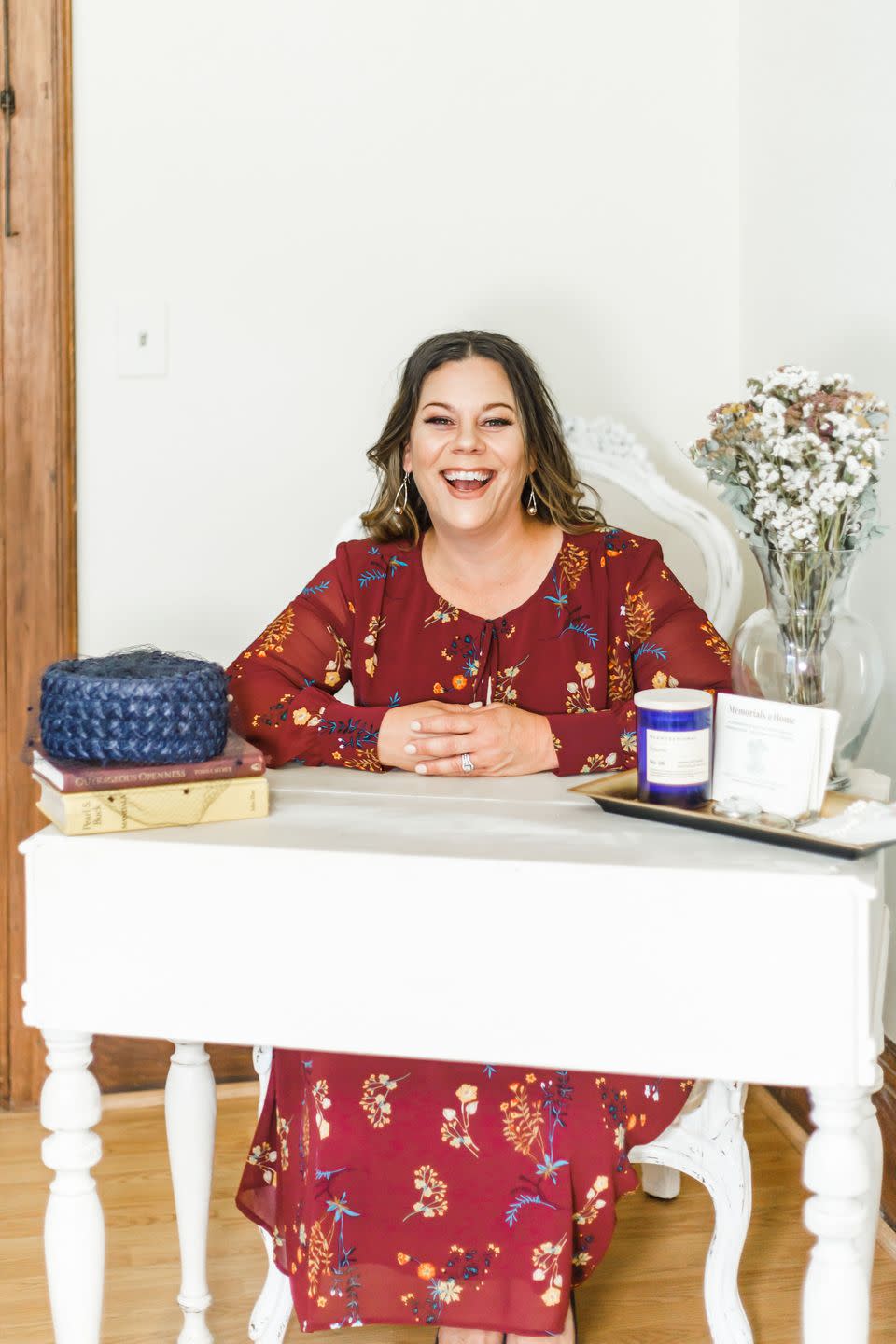
“The very first celebration of life I planned was for a very unique person,” said Rebecca Burnworth, a funeral celebrant and celebration of life event planner who founded A Life Well-Lived Memorial Services in Placerville, California. It all began after her husband’s business partner’s spouse passed away. Burnworth volunteered to help organize and plan the weeklong memorial since there were no children or family nearby who could help.
After that, Burnworth saw the potential of honoring deceased loved ones in really unique ways—and got her celebrant certification, a job that functions the same way as a wedding celebrant and includes writing and delivering a personalized memorial service. “It allowed for deep connection, not only to each other but also to the deceased,” she said. Her work is inspired by her belief that there are healthy ways that society can experience death and grief that can help us feel more peaceful about the inevitable.
Through her experience celebrating life, she has seen how Americans today are less traditionally religious and more often embrace aspects of many cultures and faiths as part of their religious identity. For example, she said that someone who believes in the Christian God but also considers nature to be their church, “may want a memorial that honors their Christian beliefs, but is also rich in nature themes.” This can include a tree planting or a service outside instead of in a church sanctuary.
She finds that her clients—many of whom are baby boomers—are leaning away from traditional funeral services. “They are kinda 'fiery', independent thinkers that brought about a lot of social changes that challenged tradition,” she said. Boomers tend to be less religious and have led the way in cremation, which has led them to embrace a Celebration of Life, which Burnworth calls “more of an uplifting celebration” than a traditional funeral. Instead of spending the funeral budget on a funeral home, she sees many of her clients instead opt for a nice venue with good food. “They’ve really carved the way in celebrating individuality.”
One of her unique celebrations included a big BBQ in a park complete with an ice cream truck and a bounce house. Another featured a “haunted” ship/hotel with a DJ for a fisherman that loved the ocean, ghost stories and an amazing party. But amongst the fun and games, she encourages families to take the time and space to reflect and grieve. “We are celebrating a life,” she said. “But their death should be honored, and our grief should be acknowledged.”
Sparrow

Erica Hill started Sparrow in Brooklyn, N.Y., as a company that allows families to create a celebration of life using the elements of what is important to them, whether that is a traditional funeral or something more unique.
Although she is not a licensed funeral director in New York state, where Sparrow is based, she works closely with Sparrow’s funeral director Alexander Agard to facilitate the creation of unique funerals and memorials. Agard’s “white glove service” when working with families allows Sparrow to create true experiences—such as when a family didn’t want their loved one confined in a box at the memorial. “She ended up being on a table that had these beautiful silks draped over it,” she said. “Alex designed a cherry tree grove that was over her and there were candles all around.” The family also requested to put out yoga mats so that people who attended could meditate with her.
Another funeral honored a woman who didn’t like flowers but loved fruit. In that case, Agard created a lemon tree grove with the woman placed in a wicker casket in the middle. “The chairs surrounded her within the grove, so she was the center of attention,” she said. “It’s really beautiful to watch [families] fill the space in a way that feels authentic to them—and feels like they’re really celebrating their loved ones.”
Hill and her business partner, Jennifer Herman Feldman, recently bought a small cremation-only business in Los Angeles, and she continues to run the business side while also talking with Agard daily about how they can do better to continue their growth and, most importantly, serve more families.
Sparrow also has a shop with a separate entrance where they sell unique urns made by independent artisans, many of whom had never made an urn before Hill reached out to them. “They work with us to create the vessels,” she said. Although Sparrow also offers urns that a family can get at “any funeral home,” it’s Sparrow’s unique approach that sets them apart, even with people from the neighborhood who wander in to buy a special candle or a card. Sparrow also offers services like grief walks and support groups through the psychological organization Dwellness, to help grieving community members even after funeral services are over.
These unique celebrations and services are all set up to help families grieve in a way that feels right to them—such as a family who recently came to Sparrow after losing a baby. “They wanted their child to be buried the same day, ” she said. “So [Agard] literally got dirt and shrouded the baby so she could touch dirt, sort of burying her within a casket.” The parents were able to witness this process. Hill said that it’s this attitude of going the extra mile that allows them to help facilitate what their clients need. “It was just so moving and important to this family.”
You Might Also Like
